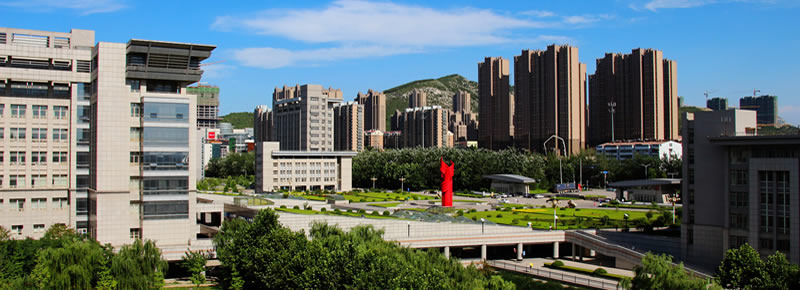Location
University of Leeds
Keywords
Concrete durability, Corrosion, Carbonation, Bangladesh, Climate change, Coastal infrastructure, Condition survey, Chloride, Marine structures
Abstract
Bangladesh has a vast coastal infrastructure seriously affected by climate change and associated extreme environmental conditions. The rural construction sector in Bangladesh will be undergoing rapid growth in the next 10 years through rural infrastructure development programmes funded by the Asian Development Bank and the World Bank. The Local Government Engineering Department (LGED in Bangladesh), owns the rural concrete infrastructure, maintains around 380, 000 linear metres of concrete bridges or culverts in the rural coastal areas and are planning to build more than 200,000 linear metres during the next ten years. In order to design and construct durable concrete structures to withstand the aggressive coastal environment for the intended design life, there is a need to study the local factors that influence the durability of reinforced concrete structures. This paper reports on the findings of a research programme, funded by DfID, to identify the major factors that contribute to premature deterioration of concrete structures, consider future climate change and identify solutions to improve the durability of coastal concrete structures in Bangladesh. A condition survey undertaken for the project of bridges in the coastal districts indicated that the concrete structures were deteriorating rapidly (within 5-10 years of construction) due to exposure to aggressive marine environment, issues related to poor workmanship, limited availability of good quality materials and lack of awareness on good construction practices. The paper also reports on the outcome of an experimental investigation on the performance of local materials aimed at developing concrete mixes which will provide enhanced durability in future concrete structures.
Included in
Climate Resilient Concrete Structures in Marine Environment of Bangladesh
University of Leeds
Bangladesh has a vast coastal infrastructure seriously affected by climate change and associated extreme environmental conditions. The rural construction sector in Bangladesh will be undergoing rapid growth in the next 10 years through rural infrastructure development programmes funded by the Asian Development Bank and the World Bank. The Local Government Engineering Department (LGED in Bangladesh), owns the rural concrete infrastructure, maintains around 380, 000 linear metres of concrete bridges or culverts in the rural coastal areas and are planning to build more than 200,000 linear metres during the next ten years. In order to design and construct durable concrete structures to withstand the aggressive coastal environment for the intended design life, there is a need to study the local factors that influence the durability of reinforced concrete structures. This paper reports on the findings of a research programme, funded by DfID, to identify the major factors that contribute to premature deterioration of concrete structures, consider future climate change and identify solutions to improve the durability of coastal concrete structures in Bangladesh. A condition survey undertaken for the project of bridges in the coastal districts indicated that the concrete structures were deteriorating rapidly (within 5-10 years of construction) due to exposure to aggressive marine environment, issues related to poor workmanship, limited availability of good quality materials and lack of awareness on good construction practices. The paper also reports on the outcome of an experimental investigation on the performance of local materials aimed at developing concrete mixes which will provide enhanced durability in future concrete structures.





